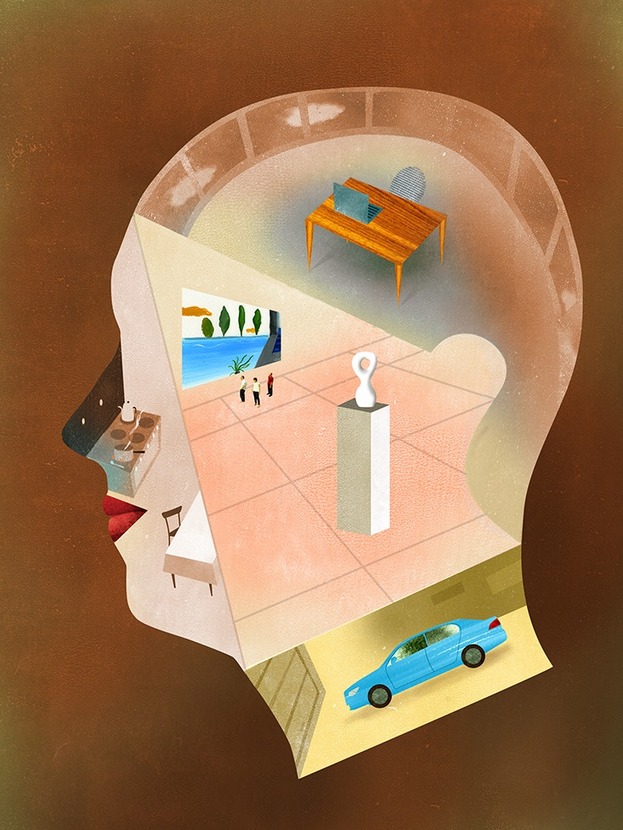https://www.youtube.com/v/L0NA4KwT4DU?fs=1&hl=fr_FR
Philosopher and neuroeconomist . He studied philosophy, economics and cognitive sciences in Milan, the London School of Economics and Carnegie Mellon University. He teaches a combination of these at San Raffaele. He currently lives in Santa Monica, California where he is conducting some new neuroeconomics experiments at UCLA. He is studying human irrationality and how we make (or are made to make) our decisions. He is director at The Center for Research in Experimental and Applied Epistemology (www.cresa.eu) on learning how to decide better. He has written books translated and appreciated around the world (Emotional Economics, Rizzoli 2006 and Cognitive Traps, Rizzoli, 2008).
In the spirit of ideas worth spreading, TEDx is a program of local, self-organized events that bring people together to share a TED-like experience. At a TEDx event, TEDTalks video and live speakers combine to spark deep discussion and connection in a small group. These local, self-organized events are branded TEDx, where x = independently organized TED event. The TED Conference provides general guidance for the TEDx program, but individual TEDx events are self-organized.* (*Subject to certain rules and regulations)
Source: www.youtube.com
See on Scoop.it – Bounded Rationality and Beyond




Commenti recenti